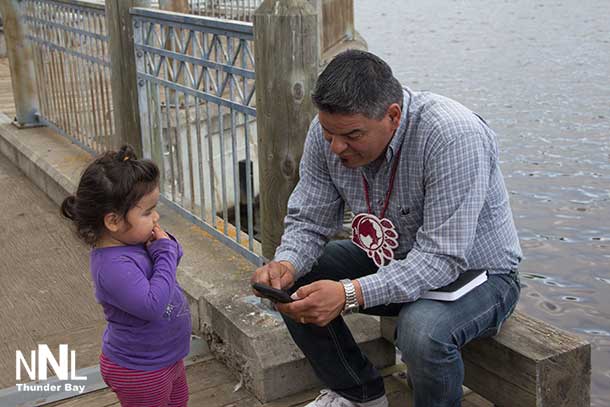
Health Matters: First Nation Health, a Canadian Crisis
TORONTO – Ontario Regional Chief Isadore Day has issued a Call to Action, calling the state of health for First Nations people in Canada deplorable and unconscionable. Regional Chief Day recently assumed responsibility for the Assembly of First Nations (AFN) National Health portfolio and aims to make a determined effort to raise the awareness on the crisis of First Nation health in Canada.
“Now is the time to eliminate decades of inaction by successive federal governments on providing essential health services to First Nations. Every single day, our children, adults and Elders are suffering from entirely preventable diseases,” said Ontario Regional Chief Isadore Day. “This has been ignored as a quiet crisis, killing our people and it must end now. Once Canadians are provided the details and statistics, they will be shamefully embarrassed and should be angry at the lack of political will to end this crisis.
As the new national Health portfolio holder at the AFN, my number one priority in the months following the election is to work with the National Executive to secure sufficient health funding from the next federal government. Sufficient health funding means revisiting the failed 2005 Kelowna Accord commitment of a $1.3 billion dollar investment over five years to reduce infant mortality, youth suicide, diabetes, and obesity by 50 percent within 10 years. The next federal government must fast-track this investment over two years, and also look at the lack of movement over the last decade and make-up for that level of investment as well.
We have no time for empty rhetoric. The health crisis of First Nations people must not be ignored by the federal government for another moment. Far too many of our people and our communities are prisoners of poverty and despair. If political leaders truly believe in fairness for all, then it’s time to make major investments that will correct these issues; leading to better health in our First Nations.
We need to start with the determinants of health: clean water, affordable food, safe homes. These three critical elements will require investments totalling billions of dollars.
We also need to immediately address the current health disparities that result in far too many of our children and Elders ending up in hospitals thousands of kilometres away from their families. We need adequate community health clinics, doctors and nurses. The proximity of health services and supports must be closer and more accessible to save not only costs– access will save lives.
Since 2002 chronic increases have been identified in almost every reported health condition among First Nation adults. It is not getting better.
Once these investments are made, our people will become healthy, happy contributors to their communities and to this country. We will finally break free of these prisons of poverty and pay back those investments tenfold in the decades to come.
Not dealing with this crisis is only going to cause greater strain on Canada’s health care system potentially pushing this matter toward more drastic measures of seeking resolve, such as litigation. Before that happens I intend on proposing a Memorandum to Cabinet defining the issue to the Federal Minister of Health called ‘Health Matters: First Nation Health, a Canadian Crisis.’ From this point on we must call on all partners in First Nation health to define a concrete action plan.
By way of the ‘Call to Action’, I am reaching out to all federal party leaders, First Nations and the Canadian public – the state of First Nation health calls for a national response.
As the Health portfolio holder at the AFN, it will be my responsibility to press for these investments and to end this quiet crisis once and for all.”





